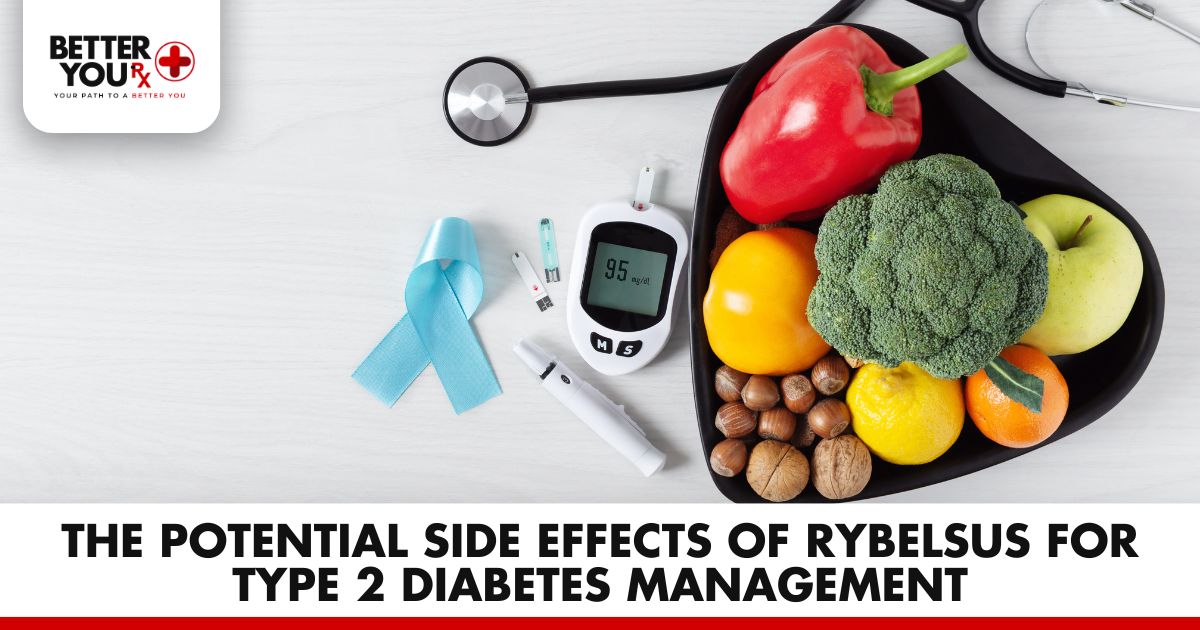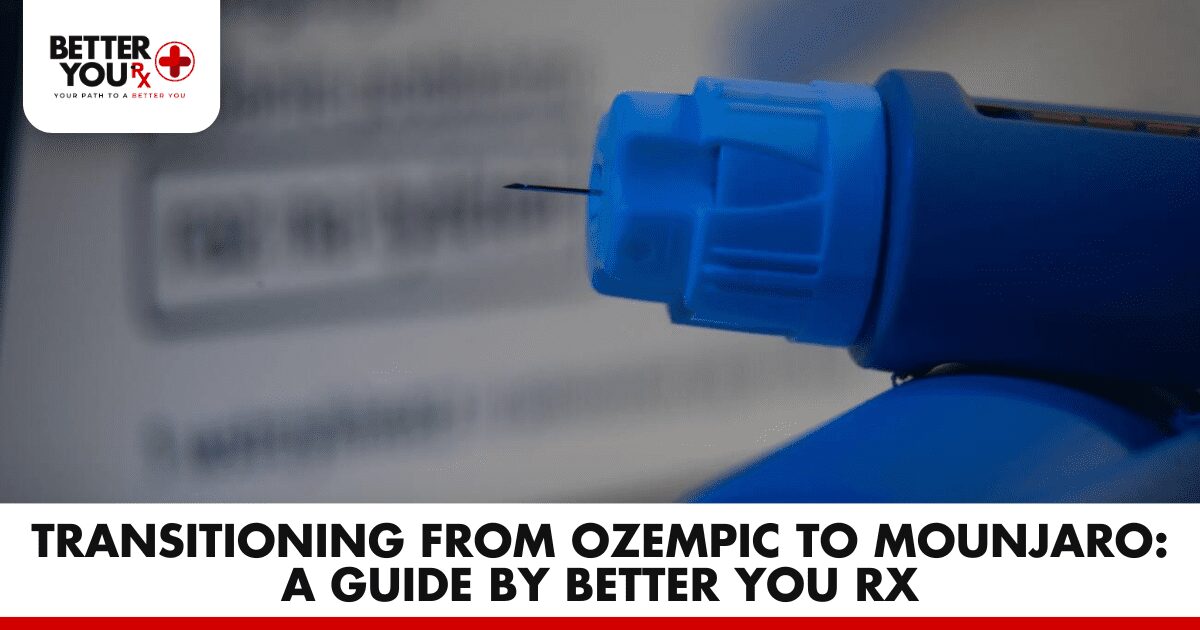Obesity, Cancer, and the Protective Potential of GLP-1 Drugs
Within the realm of healthcare, the ties between obesity, cancer, and the promise of GLP-1 medications are drawing newfound attention. In the United States, more than 600,000 obesity-related cancer diagnoses occur annually, making it an issue worth addressing. At Better You RX, we aim to ensure our readers are well-informed about new medical research and its implications. By understanding what GLP-1 drugs are and how they may impact obesity-related cancer risk, you can stay proactive about your health.
The Obese-Cancer Connection
Being overweight or obese increases the likelihood of developing at least 13 types of cancer, including breast, kidney, and colorectal cancer. Chronic low-grade inflammation, a common effect of obesity, is suggested to increase one’s risk for these cancers. As fat cells multiply and grow, the resulting inflammation can lead to cellular malfunction in various organ systems. This sequela sets the stage for a ‘perfect storm’ for cancer development, which is further exacerbated by genetic and environmental factors.
GLP-1 Drugs to the Rescue?
GLP-1 agonist drugs like Wegovy and Zepbound are enjoying budding popularity. Originally devised for managing conditions such as Diabetes Type 2, these drugs are now being associated with weight loss and a decrease in the risk of heart disease. Yet, their potential extends more broadly, touching on the interesting sphere of obesity-related cancer prevention.
However, it is vital to note that achieving and maintaining a healthy weight currently centers on lifestyle modifications, primarily diet, and physical activity, as the mainstay of cancer risk reduction. GLP-1 drugs are not seen as substitutes for these fundamental interventions but could potentially supplement these efforts.
The Immunomodulatory Effect of GLP-1 Drugs
GLP-1 drugs are hypothesized to enhance the function of natural killer (NK) cells. These immune cells are considered our body’s first line of defense against cancer as they can identify cancer cells and inhibit tumor growth. Obesity tends to dampen the efficiency of NK cells, and therefore, enhancing their function might reduce obesity-related cancer risks.
A 20-participant study demonstrated how GLP-1 drugs could amplify NK cell function in obese individuals, regardless of weight loss. Andrew Hogan, a senior author of the study and an associate professor at Maynooth University, emphasized though, that “GLP-1 therapies are not and will not be anti-cancer treatment. However, they might reduce the risk of developing cancer, particularly in people living with obesity who are most at risk for this illness”.
Collateral Impacts of GLP-1 Drugs
Beyond weight loss, GLP-1 drugs appear to be influencing diverse life aspects. Reports suggest that users of these drugs might exhibit changes in their food purchasing patterns or even their addiction behavior. However, our knowledge about the full scope of collateral effects, both beneficial and adverse, remains limited.
While certain GLP-1 drugs have been linked to thyroid tumors or cancer, European regulatory authorities have recently dismissed this association for lack of strong evidence. Still, as always, thorough discussions with healthcare providers before commencing these medications are recommended.
Better You RX: Your Health Empowerment Partner
At Better You RX, we ensure you remain well-versed with the latest health trends and breakthroughs. As we forge ahead, here are a few key reminders:
- Lifestyle Interventions Remain Fundamental: A healthy diet, regular exercise, stress management, and adequate sleep are non-negotiables for reducing cancer risk.
- GLP-1 Drugs are Not Anti-cancer Medications: While they exhibit potential for mitigating cancer risk through ameliorating obesity-related risk factors, they do not constitute direct cancer treatment.
- Always Consult Your Healthcare Provider: Before initiating GLP-1 drugs, discuss their implications with your physician, particularly in light of your family history and existing risk factors.
The potential of GLP-1 drugs in preventing obesity-related cancers may shine brighter with time and more evidence. As we continue to grapple with obesity and its complex associations with other serious diseases, it is vital to stay informed and proactive. Better You RX is committed to being your trusted ally as we navigate these pathways together for your better health.










